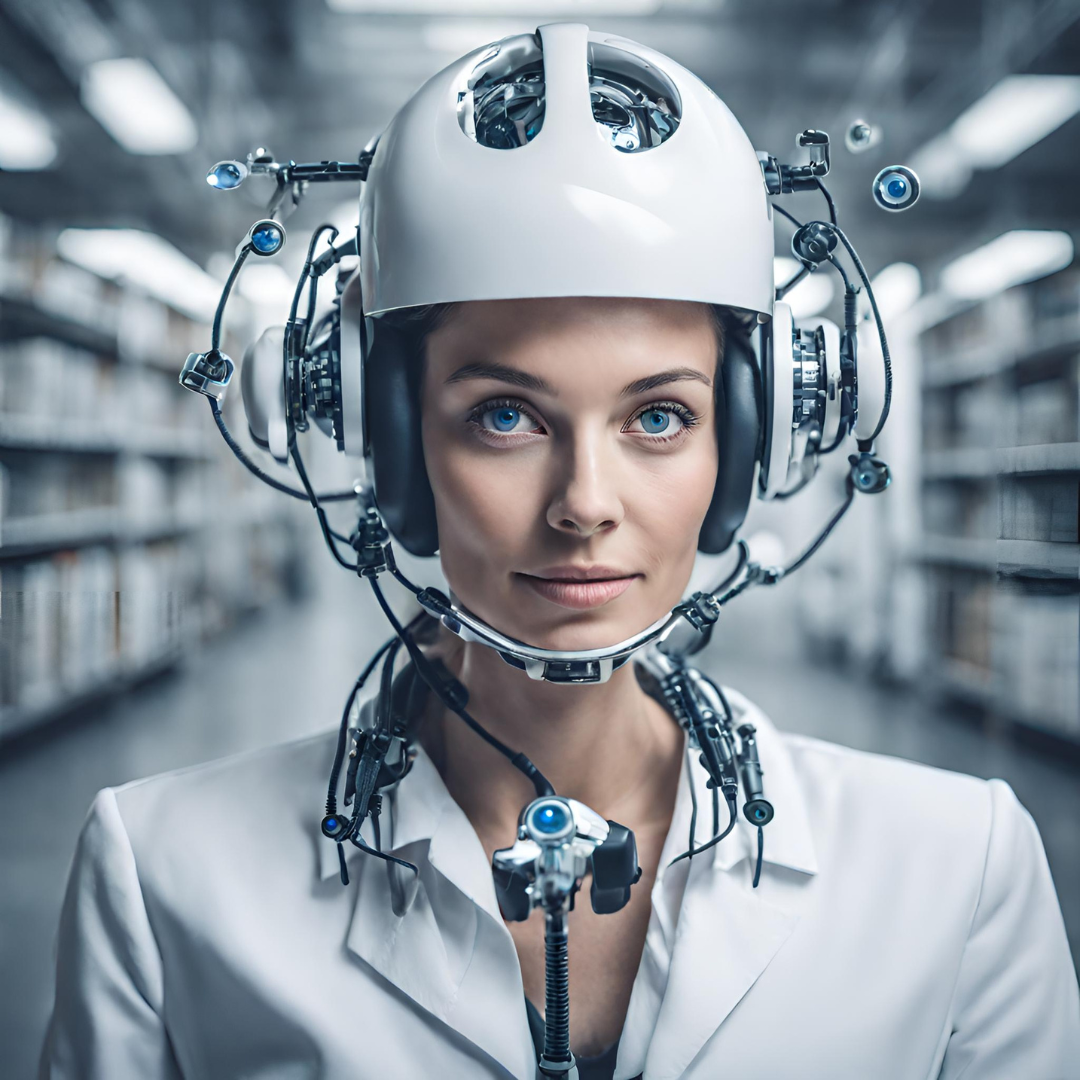The world of business is constantly evolving, and one of the most significant changes in recent years has been the increasing use of AI technology. From chatbots and virtual assistants to recommendation systems and augmented reality, AI is transforming the way businesses operate. But what does this mean for the future of work? Will AI completely take over human jobs? In this blog post, we will delve into the current state of AI technology implementation in businesses in the UK and EU, explore the industries that are already utilizing AI, and make predictions about the future of work in the age of AI.
“The future of sales is to serve, not sell. Generative AI gives us guidance that’s so personal and precise, we’re always presenting the most relevant solutions – no pushing required — Marcus Chan

The Current State of AI Technology Implementation in Businesses
The use of AI technology in businesses is rapidly increasing, and the UK and EU are at the forefront of this trend. In fact, according to a report by PwC, the UK is expected to see a 2.7% increase in GDP by 2030 due to the adoption of AI technology. This is a significant number, and it shows the potential impact of AI on businesses in the UK and EU.
Some of the most in-demand AI technologies in businesses include chatbots, virtual assistants, recommendation systems, and augmented reality. These technologies have been proven to improve efficiency, reduce costs, and enhance customer experience. For example, chatbots can handle customer inquiries and provide 24/7 support, reducing the need for human customer service representatives. Virtual assistants can automate repetitive tasks, freeing up employees to focus on more complex and creative work. And recommendation systems can analyze customer data to provide personalized product or service suggestions, increasing sales and customer satisfaction.
Industries Already Utilizing AI Technology
AI technology is not limited to a specific industry, and its applications are vast. However, some industries have been quicker to adopt AI technology than others. One such industry is healthcare. AI-powered systems are being used to analyze medical data, assist in diagnoses, and even develop new treatments. This not only improves patient outcomes but also reduces the workload of healthcare professionals, allowing them to focus on more critical tasks.
Another industry that is heavily utilizing AI technology is finance. From fraud detection to risk assessment, AI-powered systems are revolutionizing the way financial institutions operate. These systems can analyze vast amounts of data in a fraction of the time it would take a human, making financial processes more efficient and accurate.
Predictions for the Future of Work in the Age of AI
With the increasing use of AI technology in businesses, there is a growing concern about the future of work. Will AI completely eliminate human jobs? While it is true that some jobs may become obsolete due to AI, it is also creating new job opportunities. For example, the demand for data scientists and AI specialists is on the rise, and these professions require a unique set of skills that humans possess, such as critical thinking and problem-solving.
However, it is essential to acknowledge that some professions are at risk of being replaced by AI. Jobs that involve repetitive tasks, such as data entry and assembly line work, are more likely to be automated. It is crucial for individuals in these professions to upskill and adapt to the changing job market to stay relevant.
The Emergence of Gen AI and its Impact on Businesses
As AI technology continues to evolve, a new generation is growing up surrounded by it. Gen AI, or Generation AI, refers to individuals who have grown up with AI technology as an integral part of their lives. This generation is expected to have a different mindset and skill set, making them well-suited for the AI-driven business world. However, businesses must also consider the ethical implications of relying on AI and ensure that Gen AI is equipped with the necessary knowledge and values to use AI responsibly.
The Role of AI Assistants in Businesses
AI assistants, such as Amazon’s Alexa and Apple’s Siri, have become a common household name. But their use is not limited to personal tasks; they are also making an impact in the business world. AI assistants can help with scheduling, data analysis, and even customer service, freeing up employees to focus on more critical tasks. They can also provide valuable insights and recommendations based on data analysis, helping businesses make informed decisions.
Conclusion:
In conclusion, AI technology has already made its mark in businesses in the UK and EU, and its impact will only continue to grow. It is essential for businesses to embrace AI and its potential to improve efficiency, reduce costs, and enhance customer experience. However, it is equally crucial to consider the potential consequences and take proactive measures to ensure a smooth transition to an AI-driven business world. By upskilling and adapting to the changing job market, businesses and individuals can thrive in the age of AI.


